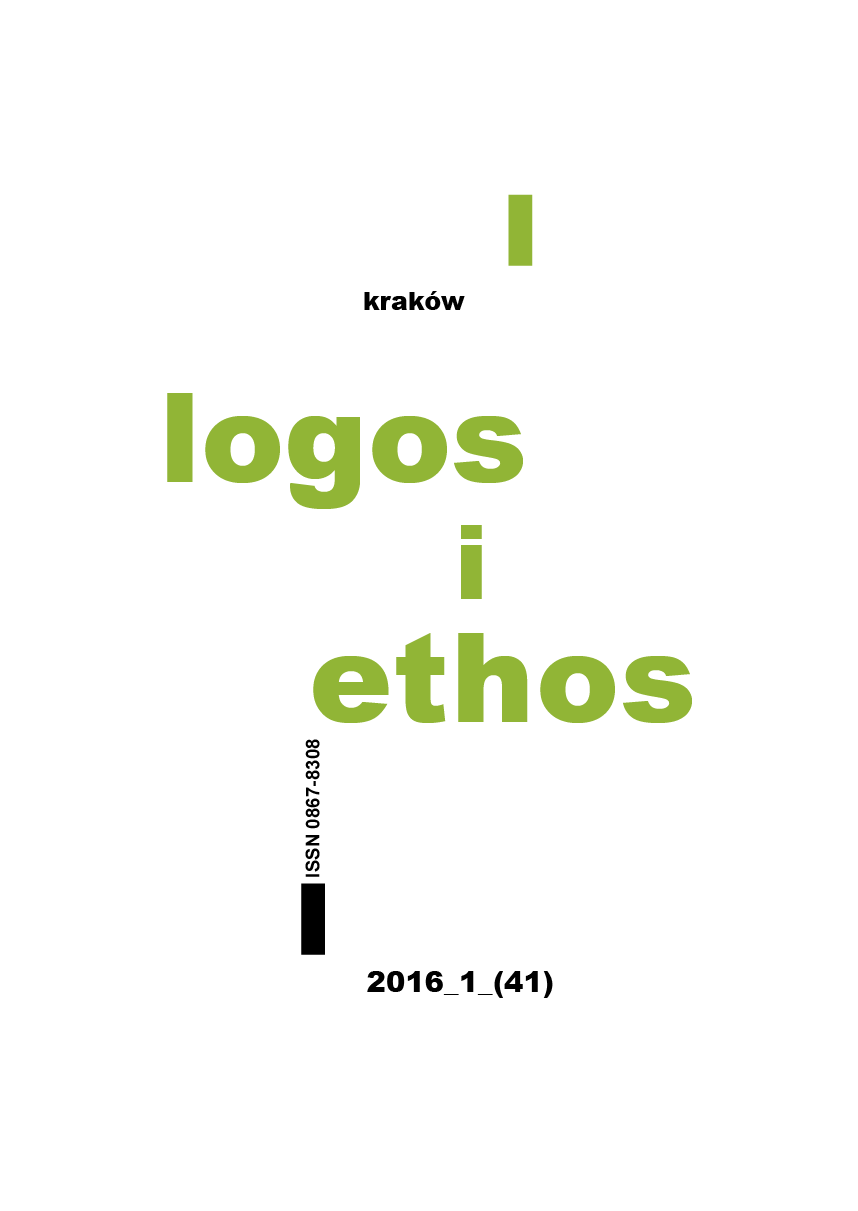Dasein, autentyczność i wybór w Heideggerowskim "Byciu i czasie"
DOI:
https://doi.org/10.15633/lie.1795Słowa kluczowe:
Dasein, autentyczność, nieautentyczność, etyka ontologicznaAbstrakt
Martina Heideggera analiza autentyczności Dasein wydaje się sprzeczna. Z jednej strony Heidegger twierdzi, że autentyczność Dasein jest nieuniknionym rezultatem jego stanu trwogi, tzn. trwoga jest zarówno koniecznym, jak i wystarczającym warunkiem autentyczności. Z drugiej strony Heidegger zdaje się sugerować, że autentyczność jest wyborem. W celu rozwiązania tej możliwej sprzeczności proponuję rozważanie autentyczności jako dwuetapowego procesu. W pierwszym etapie Dasein staje się autentyczny, a w drugim etapie kontynuuje swoją autentyczność. Pierwszy etap jest wstępnym uchwyceniem przez Dasein podstawowej prawdy o swoim istnieniu i jest nieuniknionym rezultatem stanu Trwogi. Drugi etap jest dobrowolnym i powtarzanym przez Dasein potwierdzeniem tego pierwszego uchwycenia prawdy o swoim istnieniu, i jako taki jest wyborem. Rozróżniam również dwa rodzaje nieautentyczności: jedna to nieautentyczność codziennego Dasein; druga to nieatentyczność Dasein, który odmawia uznania podstawowej prawdy o swoim istnieniu. Ta druga nieautentyczność jest zinterpretowana jako wybór, który albo jest świadomy, albo jest wyborem poprzez „brak“ wyboru. Sugeruję również, że Heideggera nawoływanie do autentyczności powinno być zinterpretowane przede wszystkim jako nawoływanie do ontologicznej, a nie normatywnej etyki.Bibliografia
Golomb J., In search of authenticity from Kierkegaard to Camus, London 1995.
Heidegger M., Being and time, trans. J. Macquarrie, E. Robinson, New York 1962.
Heidegger M., What is metaphysics?, trans. D. F. Krell, [in:] Pathmarks, ed. W. McNeill, Cambridge 1998, p. 82–96.
Solomon R. C., Continental philosophy since 1750: the rise and fall of the self, Oxford 1988.
Pobrania
Opublikowane
2016-10-10
Numer
Dział
Artykuły
Licencja
Autorzy publikujący w czasopiśmie udzielają jego wydawcy zgody o następującej treści:
- Autor zachowuje autorskie prawa majątkowe do utworu, a jednocześnie udziela wydawcy czasopisma zgody na jego pierwszą publikację w wersji drukowanej i wersji online na licencji Creative Commons Uznanie autorstwa 4.0 Międzynarodowe oraz zgody na wykonywanie opracowań, w tym przekładów.
- Autor ma możliwość udzielania zgody niewyłącznej na opublikowanie utworu w wersji, która ukazała się w czasopiśmie (np. zamieszczenia go w repozytorium instytucjonalnym lub opublikowania w książce), wraz z informacją o jego pierwszej publikacji w czasopiśmie.
- Autor może umieścić swój utwór online (np. w repozytorium instytucjonalnym lub na swojej stronie internetowej) jeszcze przed zgłoszeniem utworu do czasopisma.

